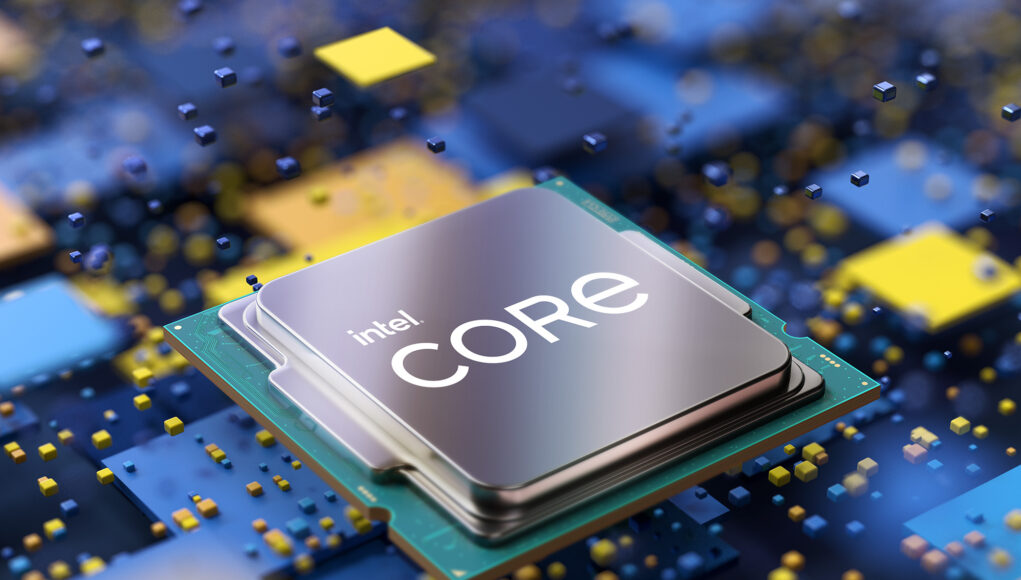Intel’s struggle with Raptor Lake CPU instability has escalated, with a fresh lawsuit filed in California by a Core i7-13700K owner affected by persistent “Vmin Shift Instability” issues. This problem has troubled many 13th and 14th generation Intel Core users, capping off a challenging year for the tech giant as it battles both technical setbacks and tough competition from AMD’s latest CPUs.
The lawsuit, filed by Mark Vanvalkenburgh, reflects growing frustrations from Intel customers who encountered system instability, including blackouts, restarts, and freezes. Vanvalkenburgh reported that his own attempts to stabilize his system with Intel’s patches were ineffective, suggesting his CPU might have sustained permanent damage. Purchased from Best Buy in 2023, his Core i7-13700K was reportedly affected by an architectural issue within Intel’s clock tree circuit. This defect causes “reliability aging” when the CPU is subjected to high temperatures and voltages—factors common in gaming systems and other high-performance setups.
The Vmin Shift Instability issue remained unresolved for years, leading to widespread customer dissatisfaction. While Intel has since identified four main causes of the instability and released a final patch, these fixes came too late for many users. In his complaint, Vanvalkenburgh argues that Intel should have more promptly acknowledged the issue, alleging that the company was aware of the problem well before the official patches were rolled out. His lawsuit seeks compensation for himself and other affected customers, with law firm Dovel & Luner preparing to expand it into a class action if additional Intel customers join.
While Intel’s latest CPUs are reportedly free from Vmin Shift Instability, this issue has dampened reception and highlighted performance concerns, especially in the gaming market. AMD has taken advantage of the situation, recently launching the Ryzen 7 9800X3D, a flagship CPU that has won over many gamers and PC enthusiasts. With notable performance gains and high efficiency, the Ryzen 7 9800X3D has been well received, outshining Intel’s newest offerings and reinforcing AMD’s stronghold in the high-performance gaming CPU sector.
Vanvalkenburgh’s lawsuit highlights Intel’s need to address customer complaints transparently and improve testing standards for future CPUs. As the case progresses, Intel will likely face increased scrutiny over its handling of these issues, further complicating its efforts to regain its competitive edge.
For those planning a new gaming build, Intel’s recent troubles may steer them toward AMD’s latest Ryzen models, such as the 7800X3D and 9800X3D, which have consistently earned praise for their stability and performance.
4o










